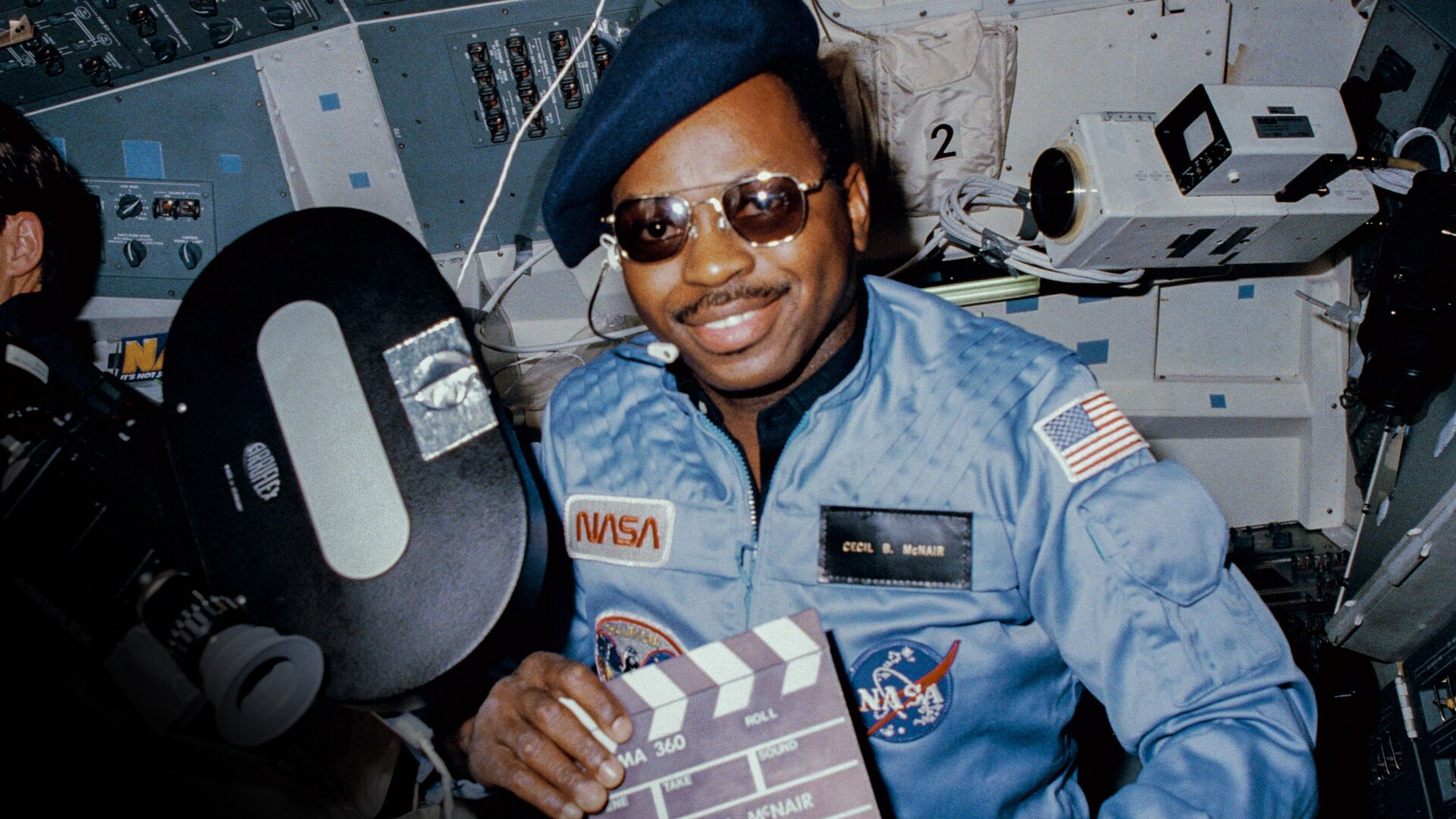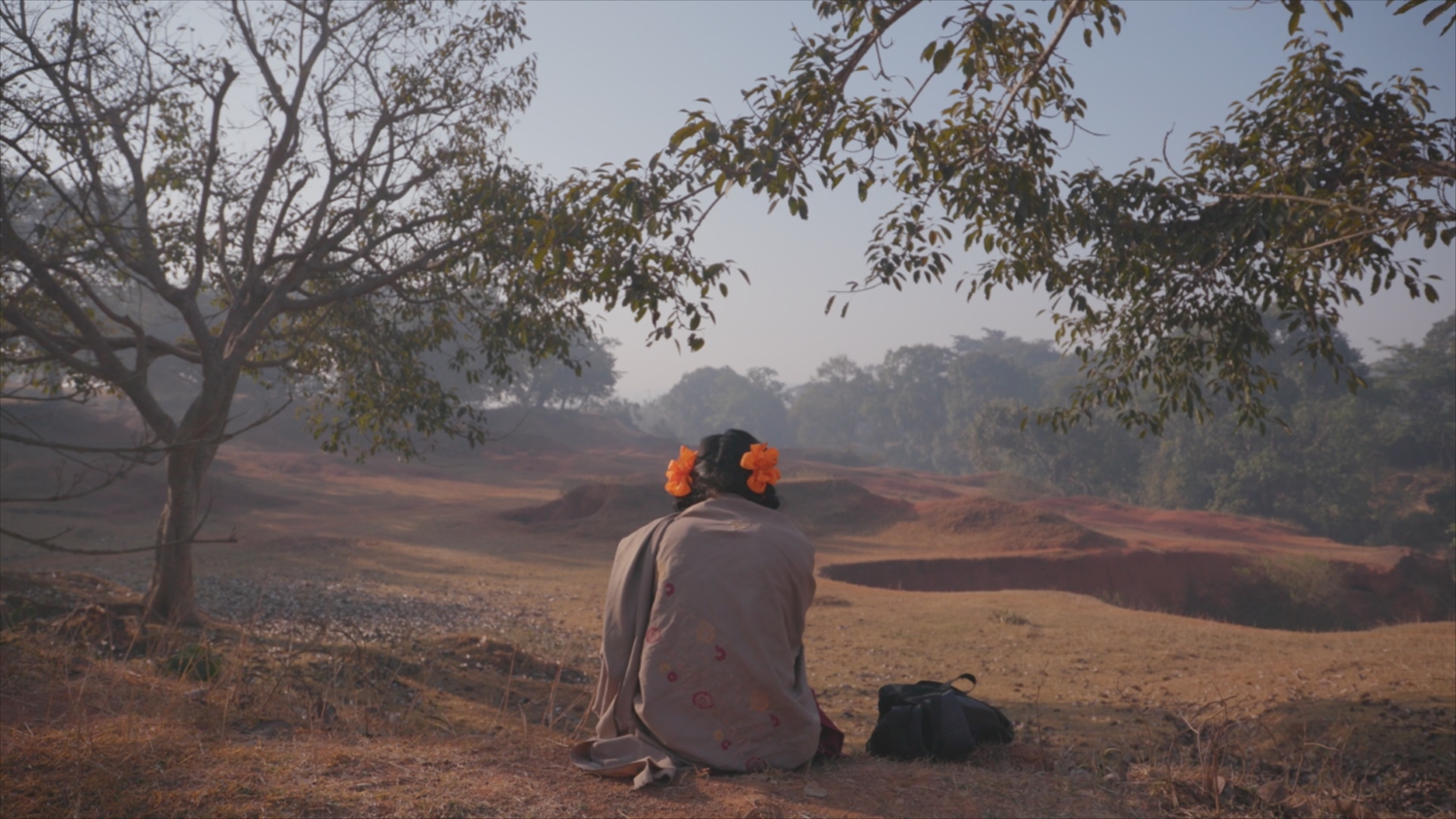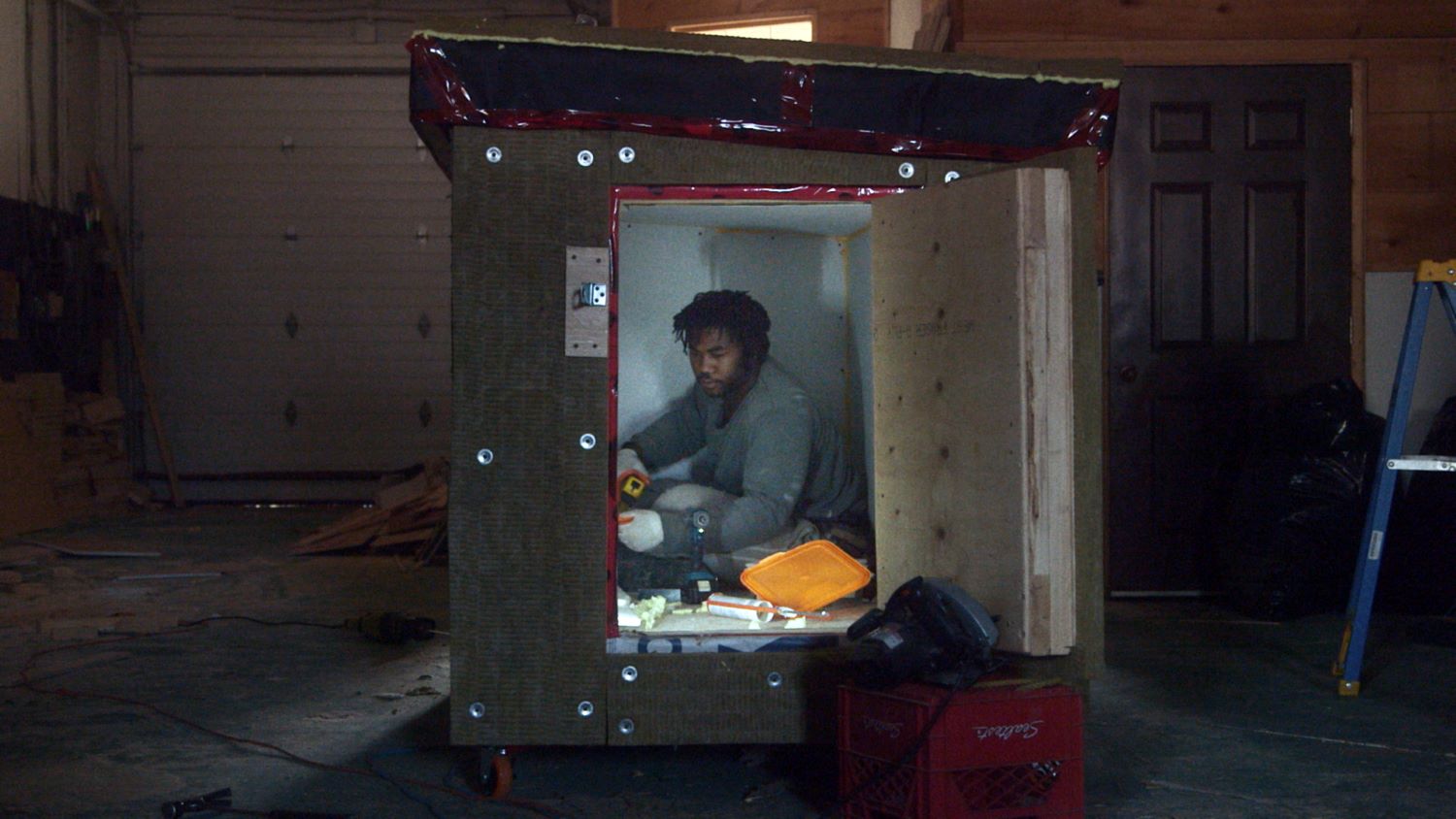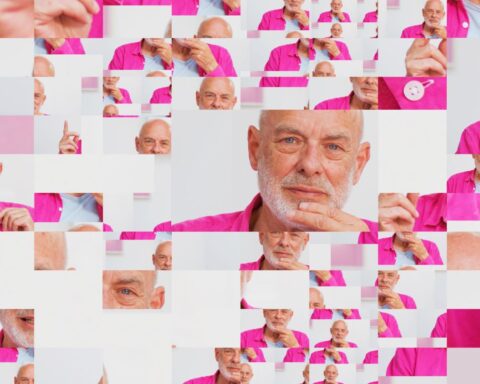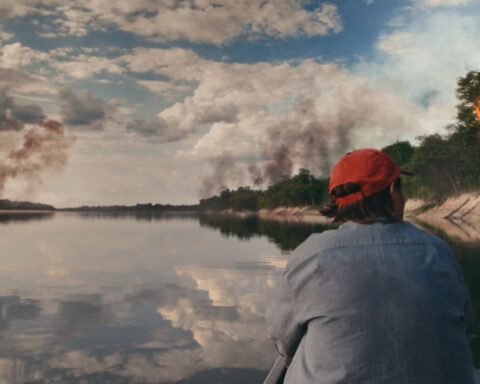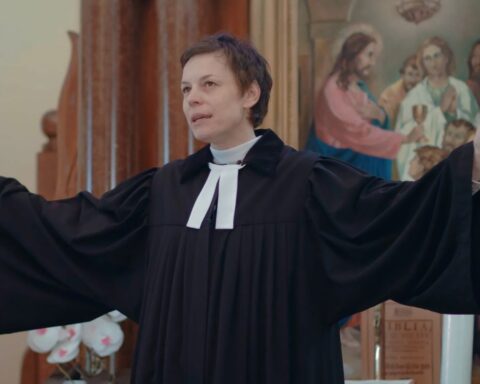The Space Race
(United States, 91 min.)
Dir. Lisa Cortés and Diego Hurtado de Mendoza
“Very few people today even have a clue about Black people’s contribution to human space flight,” says Charles Bolden in the beginning of The Space Race, “because they weren’t written in history books.”
The Space Race, directed by Lisa Cortés and Diego Hurtado de Mendoza, shares the untold stories of the first Black astronauts during historic times for NASA, while also touching upon the political and social challenges that Black Americans faced then and still do today. The Space Race is a National Geographic documentary film and will be playing at the JAYU Human Rights Film Festival in Toronto on December 9th. This documentary shares tons of information about these astronauts’ stories, so readers may need to bring a notepad instead of a popcorn!
Space pioneer Ed Dwight, Jr. is one of the key interviewees in this story as he was going to be the first African American to become an astronaut. However, following the assassination of John F. Kennedy, the mission to get the first Black astronaut into space was scrapped. Dwight also shares his passion for art throughout the film since his work for NASA ended, and connects his love for Black history and space through his work. This emphasizes important conversations about American history and politics, and touches upon moving forward for a better life.
The Space Race also features legends like Bolden, Guion Belford, and Leland Melvin as key interviewees, as they sit down and reminisce about the challenges they had to go through while they were being recruited, trained and going on missions. Their stories are eye-opening for those who aren’t familiar with the space race, as well as extremely impactful to People of Colour all over the world.
The composition of The Space Race is through a timeline starting with the 1960s to the present day. Some of these topics include Afrofuturism, the complex politics of Black people becoming astronauts, the impact of JFK’s death, and even more recent events, like the news of George Floyd’s murder reaching the space station. The film includes a wealth of information, so viewers should pay close attention and avoid distraction in order to take in the complexities of this story.
Cortés, Hurtado de Mendoza, and editor Robert A. Martinez do an amazing job at intertwining all the archival footage in the film and sit-down interviews together. The Space Race immerses viewers to go from the past to the present, as if you were sitting in front of your CRT television with pixelated resolution watching footage of these astronauts during the 1960-80s. It also mixes with ’70s, inspirational, sad, serious music score as the documentary takes viewers through the highs and lows of each event that had gone on in the astronauts’ lives. It is an expository documentary at its finest.
If you’re into history, space, and learning the power of untold Black stories, this documentary is definitely for you. It really allows viewers to see perspectives of Ed Dwight Jr, Charles Bolden, Guion Belford, and Leland Melvin that were never visible and see how their stories resonate with systemic barriers that people still encounter to this day. The Space Race rewrites the history that has been lost and swept under the table, so blast off to the festival to hear and see these stories yourself.
The Space Race screens at JAYU Human Rights Film Festival at Hot Docs Ted Rogers Cinema on December 9th.
Update: The Space Race opens at Hot Docs Ted Rogers Cinema on Feb. 2.




